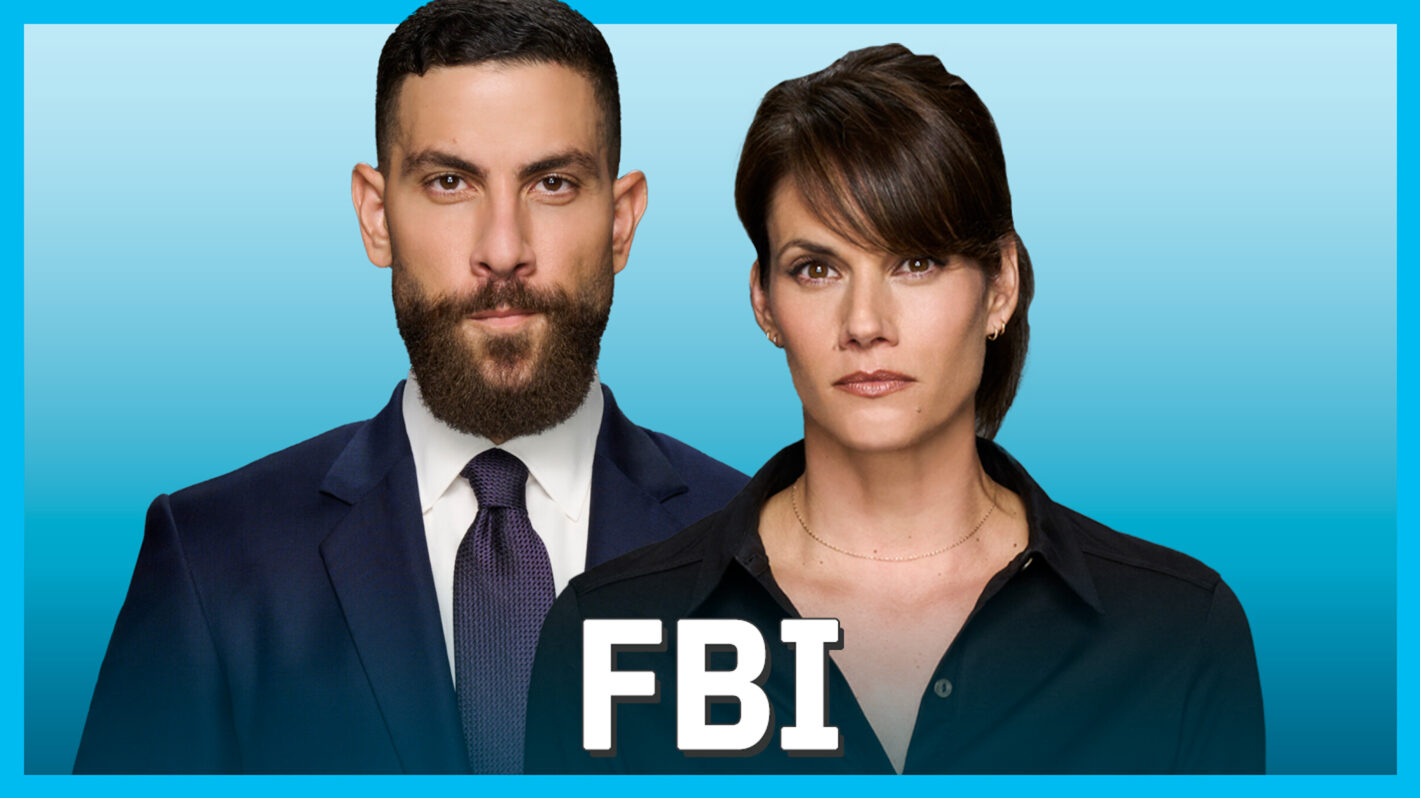
The flickering blue light of a police siren, the urgent thrum of a helicopter overhead, the sharp crackle of a radio — these are the sensory hallmarks of Dick Wolf’s “FBI,” a procedural drama that plunges viewers into the high-stakes world of the Federal Bureau of Investigation’s New York office. But beyond the intricate plots and nail-biting action, it’s the deeply etched characters, their evolving partnerships, and their profound vulnerabilities that truly anchor the series. When actors Missy Peregrym and Zeeko Zaki, who embody the show’s dynamic core as Special Agents Maggie Bell and OA Zidan, drop hints about impending peril for their characters and the broader team, it’s more than just promotional chatter; it’s a deliberate, illustrative stroke that paints a vivid picture of heightened tension and emotional reckoning.
The mere mention of “OA in danger” by the actors is like a tightening knot in the stomach for any devoted viewer. Zaki’s Agent Zidan is the show’s moral compass, a former military man whose disciplined exterior often masks a profound empathy and a relentless drive for justice. His partnership with Peregrym’s Maggie is the visceral heart of the series, built on unwavering trust forged in the crucible of countless life-or-death situations. To suggest OA is “in danger” is not just to foreshadow a physical threat, but to imply a deeper, perhaps more psychological, gauntlet. Will it be a life-threatening injury that tests his resilience? A moral dilemma that challenges his convictions? Or a professional crisis that jeopardizes his career? Peregrym’s tease, coming from Maggie’s perspective, amplifies this. Maggie’s devotion to OA is absolute; her world would unravel if he were truly compromised. The image conjured is not just of OA fighting for his life, but of Maggie fighting for him, her own steely resolve pushed to its breaking point, her eyes reflecting a raw, desperate fear that cuts through any professional veneer. It’s an illustration of partnership stretched to its absolute limit, a visual of shared vulnerability despite individual strength.
Even more tantalizing, and perhaps more foreboding, is the tease concerning “Isobel’s fate.” Isobel Castille, portrayed with formidable poise by Alana de la Garza, is the Special Agent in Charge, the strategic mind and calm leader who navigates the political complexities and high-pressure decisions of the FBI. She is the anchor, the voice of reason, the one who sends her agents into harm’s way while bearing the weight of every potential outcome. For her “fate” to be in question suggests a seismic shift, not just in an episode’s plot, but in the very foundation of the team’s structure. Is it a professional misstep, a political ambush that threatens her command? Or is it a personal attack, a deep dive into her past that could dismantle her formidable facade? The word “fate” itself carries a dramatic weight, implying something less immediate than “danger” and more conclusive, more profound. It illustrates a potential destabilization of the entire unit, raising questions about leadership, succession, and the enduring resilience of the Bureau itself when its bedrock is shaken.
Missy Peregrym and Zeeko Zaki’s decision to offer these tantalizing glimpses into upcoming storylines is a masterclass in modern storytelling engagement. They are not merely actors reciting lines; they are guardians of their characters’ arcs, intimately aware of the emotional terrain their performances will soon traverse. Their shared smiles, knowing glances, and carefully chosen words, delivered often in casual interviews or social media hints, become illustrative tools in themselves. They paint a picture for the audience of the internal experience of the show, allowing us to feel the characters’ precarity even before it unfolds on screen. It transforms mere plot points into narrative events charged with emotion, compelling viewers to lean forward, to speculate, and to invest even more deeply in the lives of these fictional agents.
Ultimately, the “FBI” tease concerning OA’s peril and Isobel’s uncertain fate is more than just a promotional tactic. It’s an illustrative essay in itself, written through the art of suggestion and the power of anticipation. It reminds us that even in the most structured of procedurals, the human element—the bonds of partnership, the burden of leadership, the stark reality of vulnerability—remains the most compelling narrative. It primes us for episodes where the stakes will be profoundly personal, where the lines between professional duty and personal devotion will blur, and where the enduring strength of the FBI team will be tested in ways that will leave an indelible mark. And we, the audience, are left to imagine the raw, visceral drama that these few tantalizing words so effectively paint.

